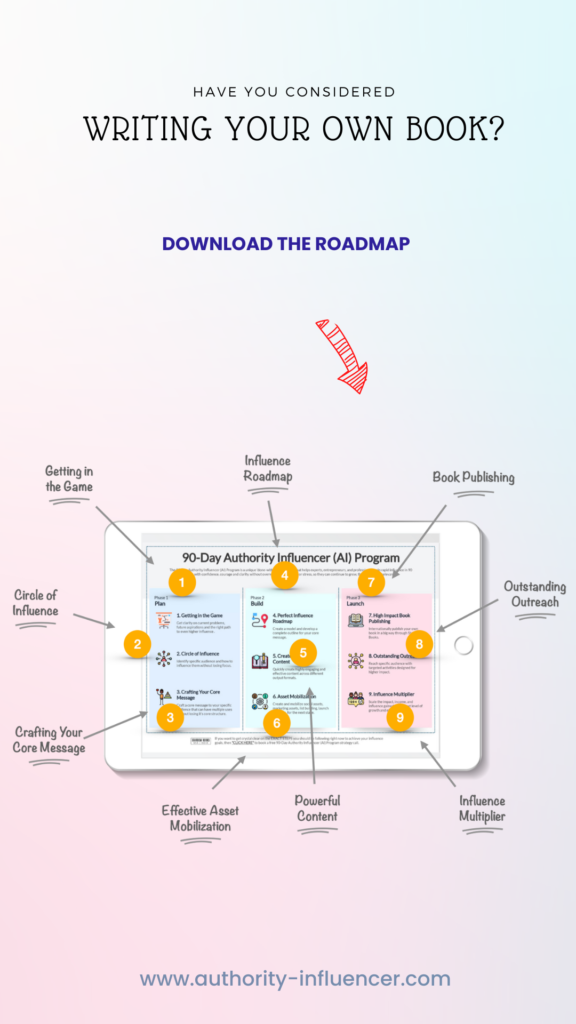Writing a non-fiction book can be a rewarding and enlightening experience. It allows you to share your expertise and knowledge with others and contribute to the body of knowledge in your field. However, writing a non-fiction book also requires a great deal of care and attention to detail, as even small mistakes can undermine the credibility and effectiveness of your work.
Here are 10 common writing mistakes to avoid while writing a non-fiction book

1. Lack Of Organization
A non-fiction book should be well-organized and structured, with each chapter building on the previous one and leading toward a clear conclusion. Without a clear structure, your book may be confusing and difficult to follow.
2. Poor Research
Non-fiction books should be based on sound research and evidence. Be sure to thoroughly research your topic and verify the accuracy of your sources.
3. Lack Of Clarity
Writing should be clear and concise, with a focus on providing information in an easy-to-understand manner. Avoid using jargon or technical terms without explaining them, and use concrete examples to illustrate your points.
4. Inconsistent Voice
Maintain a consistent voice and tone throughout your book. This helps to create a sense of cohesiveness and makes your writing more enjoyable to read.
5. Overuse Of Quotes
Quotes can be a useful way to add credibility to your work and provide insights from experts in your field. However, overusing quotes can disrupt the flow of your writing and make it difficult for readers to follow your ideas. Use quotes sparingly and only when they add value to your work.
6. Lack Of Proofreading
Proofreading is an essential step in the writing process. Be sure to carefully review your work for spelling and grammar errors, as well as any inconsistencies or inaccuracies.
7. Insufficient Context
Provide enough context for your readers to understand your points and the relevance of your arguments. This includes historical and cultural context, as well as explaining any technical terms or concepts that may be unfamiliar to your readers.
8. Plagiarism
Plagiarism is the act of using someone else’s work or ideas as your own without proper attribution. This is a serious offense and can damage your reputation as a writer. Be sure to properly cite all sources and give credit to others for their contributions.
9. Overly Promotional
While it’s important to be passionate about your work and the ideas you are presenting, avoid coming across as overly promotional or self-serving. Focus on providing valuable information and insights, rather than simply promoting yourself or your products.
10. Lack Of Editing
While it can be tempting to publish your work as soon as it’s finished, it’s important to take the time to carefully edit and revise your writing. This includes working with an editor or proofreader to ensure that your work is free of errors and reads smoothly.
Conclusion:
By avoiding these common writing mistakes, you can produce a non-fiction book that is well-researched, informative, and enjoyable to read.
We hope that this blog will help you in understanding the common writing mistakes that should be avoided while writing a non-fiction book.
Stay tuned with Stardom Books
If you find this blog helpful, share this blog and follow us on the social media platform for more updates.
Facebook: https://www.facebook.com/stardomalliance
LinkedIn: https://www.linkedin.com/company/stardom-alliance/
Twitter: https://twitter.com/raamanand
Instagram: https://www.instagram.com/raam.anand.stardom/
YouTube: http://www.youtube.com/user/infoyogis?sub_confirmation=1
